Back
Dr Sarun George Sunny
The Way I See It • 1y
Nexstem AI: Vision for the Future of Brain-Computer Interfaces Imagine controlling a computer, navigating a virtual world, or even operating a robotic arm just by thinking. Nexstem AI, an Indian startup, is turning this vision into reality, but it’s taking a different path than Neuralink. While Neuralink explores invasive BCI methods aimed at medical and cognitive enhancements, Nexstem AI is focused on making non-invasive, accessible BCI technology available for everyday users. Nexstem AI’s technology centers on a sleek, EEG-based headset that captures brain signals through electrodes on the scalp—no surgery required. Just like wearing advanced headphones, users can control digital devices with their thoughts. This non-invasive approach is designed for a broad range of people, from gamers to those with mobility challenges, creating a bridge between the mind and digital devices. In contrast, Neuralink uses a surgically implanted chip to achieve direct access to brain signals, enabling highly detailed control but requiring an invasive approach. Primarily aimed at medical applications, Neuralink’s technology helps individuals with paralysis or neurological conditions control devices. However, its accessibility is limited by the complexity and cost of surgery, restricting it to specialized medical contexts. Nexstem AI’s non-invasive design makes it more accessible and affordable. Users don’t need high costs or medical procedures to experience BCI technology; they simply wear the headset to interact with devices via thought. This makes Nexstem AI ideal for urban markets, offering practical brain-driven tech for everyday use rather than medical exclusivity. While Neuralink’s implant holds transformative medical potential, its invasiveness, high costs, and regulatory requirements pose challenges for broader accessibility. Although Neuralink’s long-term goal is to integrate human cognition with AI, it remains limited to specialized applications for now. Both companies also address privacy and ethical issues differently. Nexstem AI’s setup avoids direct neural data collection, making privacy management simpler and allowing users full control over their data. This helps build trust as BCI technology enters more areas of daily life. Neuralink’s implant gathers deep neural data, raising more complex questions around data security, consent, and the long-term impacts of implant technology. In summary, Nexstem AI and Neuralink represent two distinct paths in BCI. Nexstem AI offers accessible, non-invasive solutions for practical applications, while Neuralink explores deep human-machine integration for advanced medical use. Together, these companies are shaping the future of human-tech interaction, opening new possibilities in a world where mind and machine connect in unique ways.
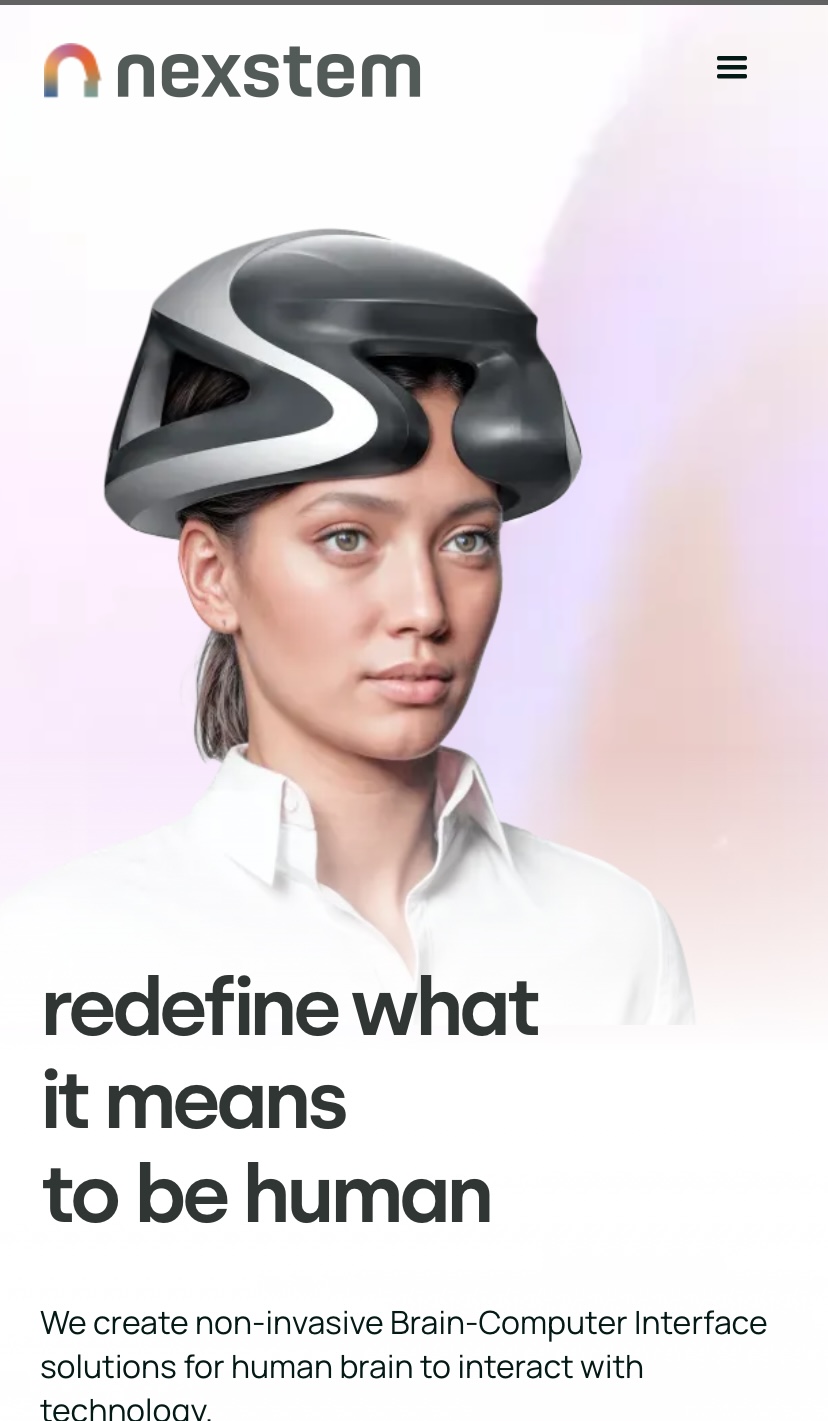
Replies (5)
More like this
Recommendations from Medial
Only Buziness
Everything about Mar... • 9m
Neuralink Secures $600 Million Investment: Elon Musk’s brain-computer interface company, Neuralink, raised $600 million, valuing the startup at approximately $9 billion pre-money. The funds are intended to accelerate research and clinical testing of
See More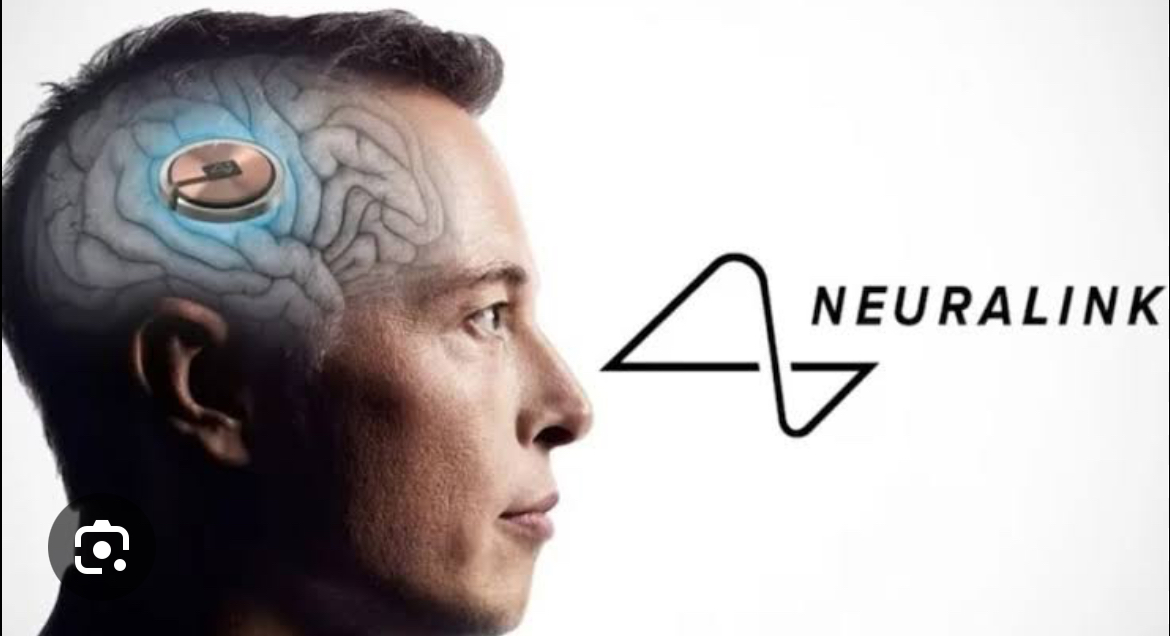
Mohammed Zaid
building hatchup.ai • 10m
Brad Smith, the third person to receive a Neuralink brain implant and the first with non-verbal ALS, has regained the ability to communicate using a brain-computer interface and artificial intelligence, marking a significant breakthrough for people w
See More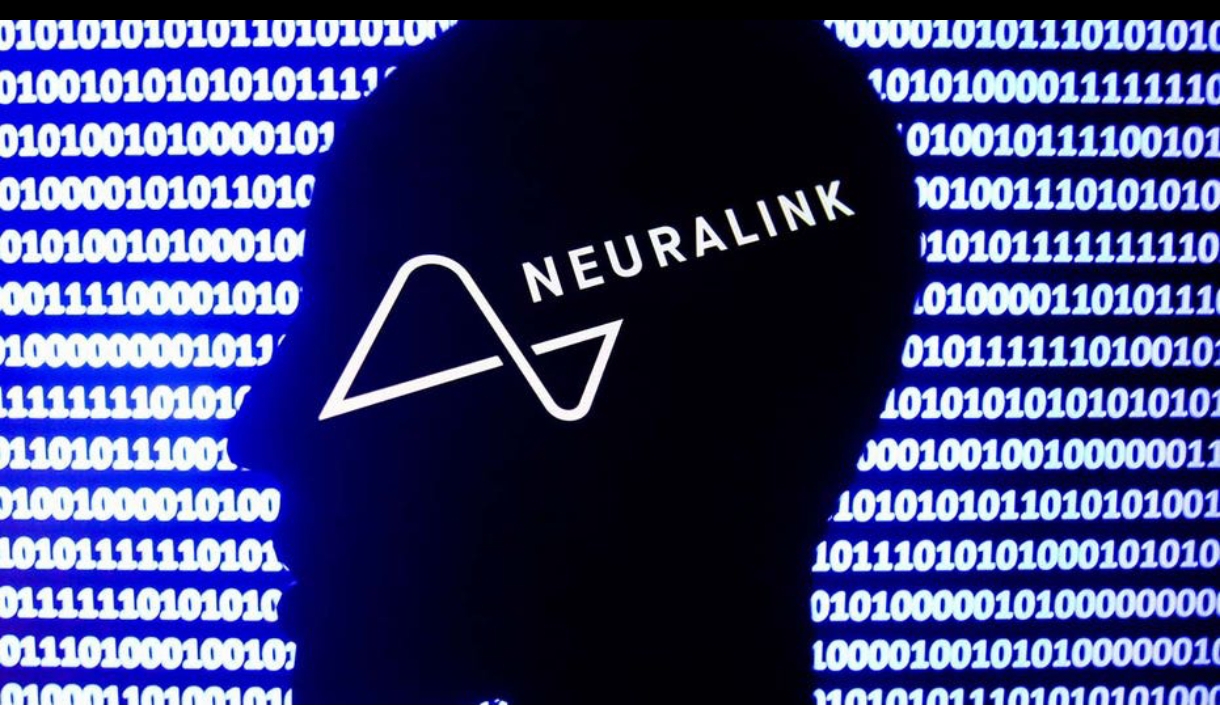
Aryan Mankotia
FEAR IS JUST AN ILLU... • 11m
🧠 PixelPeak: Revolutionizing Rehabilitation with BCI & VR Imagine a world where paralyzed patients can communicate and move using only their thoughts. With PixelPeak’s Brain-Computer Interface (BCI) technology, we are making that a reality. 🔹 Tho
See More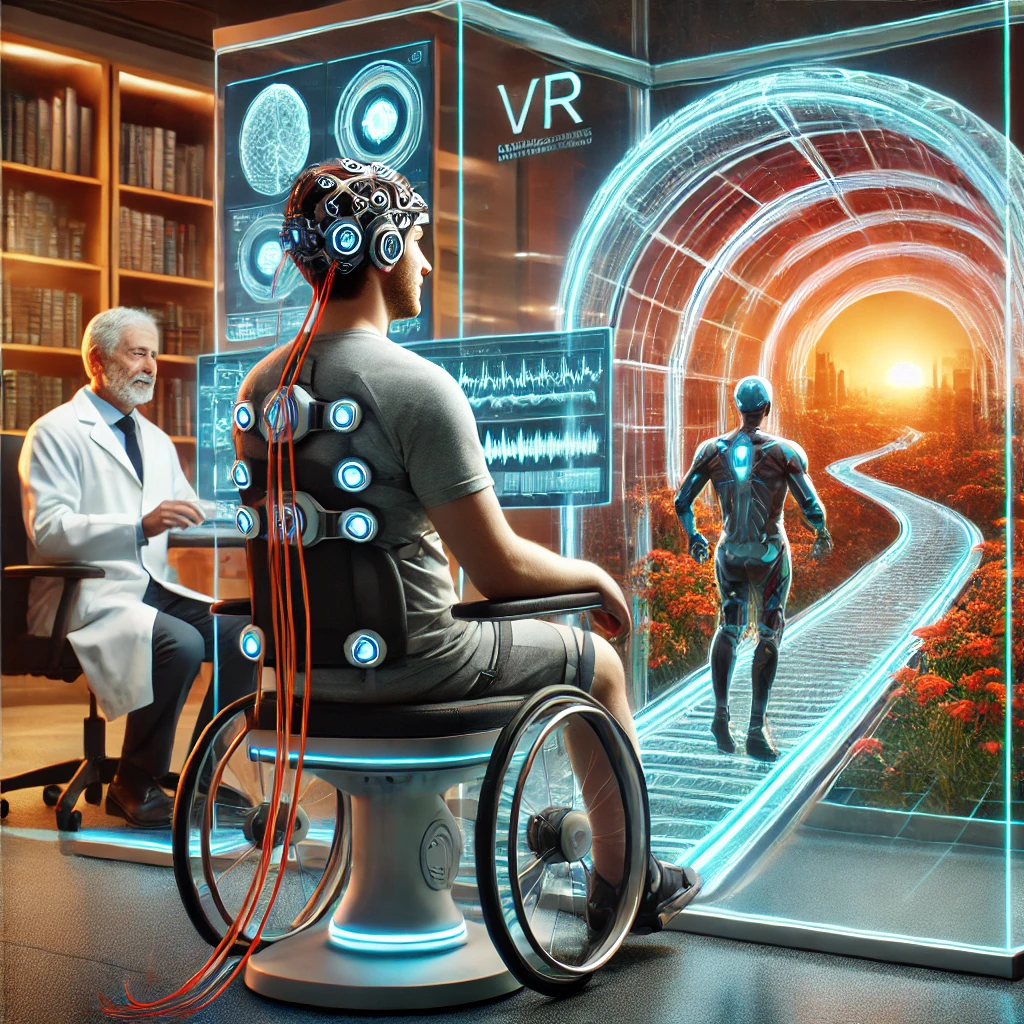
Mohd Rihan
Student| Passionate ... • 11m
World's first AI Brain Chip helps paralyzed man walk again! China on track to becoming the world's leading superpower. The Neuroprosthetic Chip (N1 sensor), a tiny implantable brain-machine interface that enables people to control tech with their tho
See More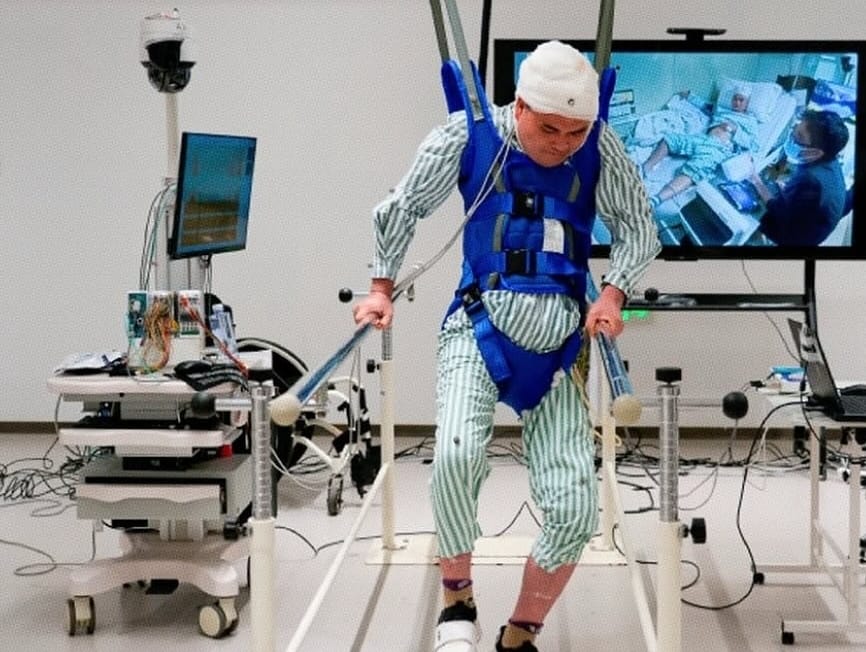
Bharath Varma
Sailing the sea to g... • 1y
Neuralink Implants in Humans❗[Huge loss] Ever imagine controlling your phone with your thoughts? That's the reality Neuralink, Elon Musk's brain-computer interface (BCI) company, is aiming for! Human trials for this mind-blowing tech just started!
See More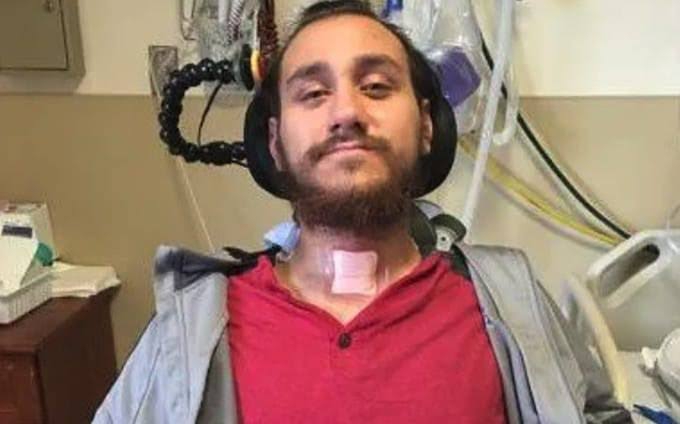
Aryan Mankotia
FEAR IS JUST AN ILLU... • 12m
Investing in the Future of Rehabilitation We are building PixelPeak, a BCI-integrated VR platform designed for medical and rehabilitation use. Our technology enables patients with paralysis and mobility impairments to interact, communicate, and reco
See More

Anonymous
Hey I am on Medial • 1y
Next big leap for Elon Musk's Neuralink: Helping the blind see • Elon Musk, speaking at VivaTech via video link, announced Neuralink's next ambitious project: "Blindsight," aimed at restoring sight to the blind by interfacing directly with the brain
See MoreAryan Mankotia
FEAR IS JUST AN ILLU... • 11m
Transforming Healthcare with Brain-Computer Interface (BCI) & Virtual Reality! At PixelPeak, we're developing a BCI-powered VR system that enables patients with paralysis, stroke, and motor impairments to communicate, move, and rehabilitate—using o
See More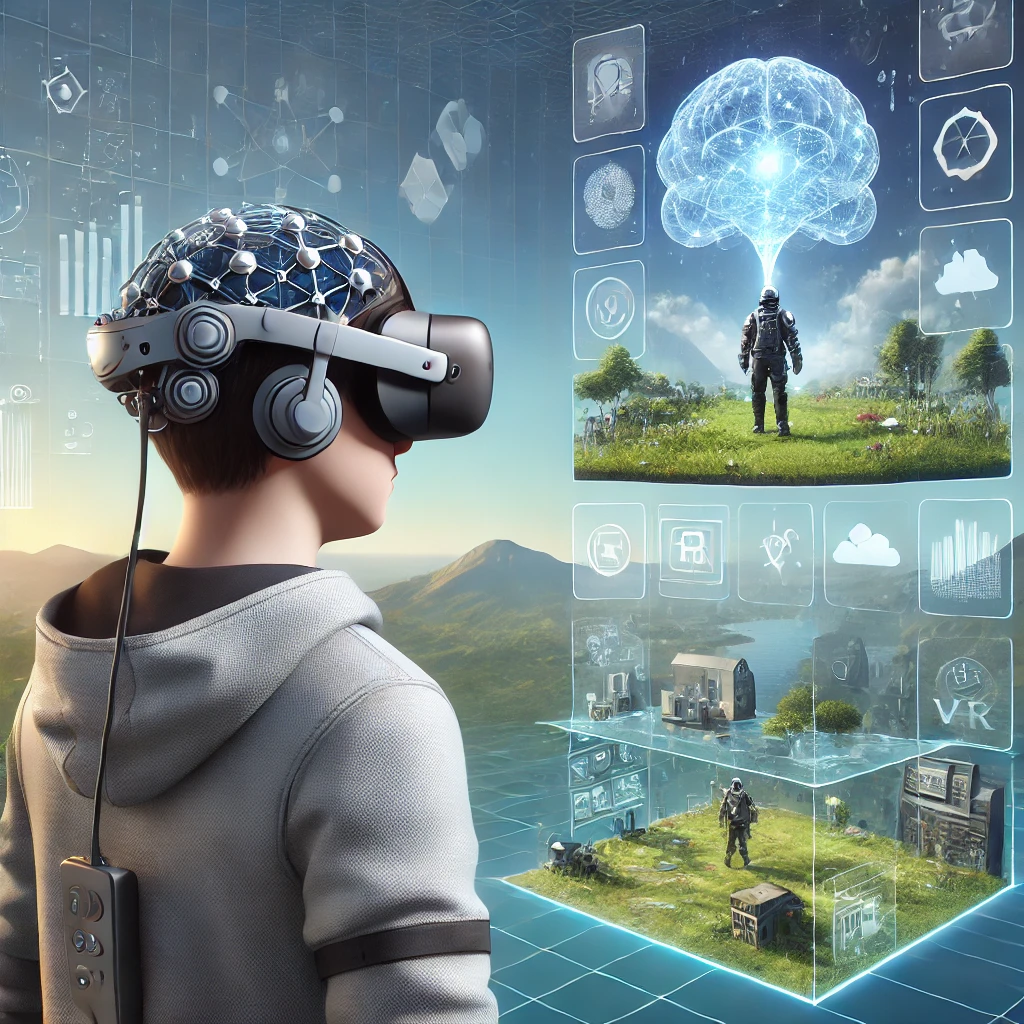
Download the medial app to read full posts, comements and news.












/entrackr/media/post_attachments/wp-content/uploads/2021/08/Accel-1.jpg)





















